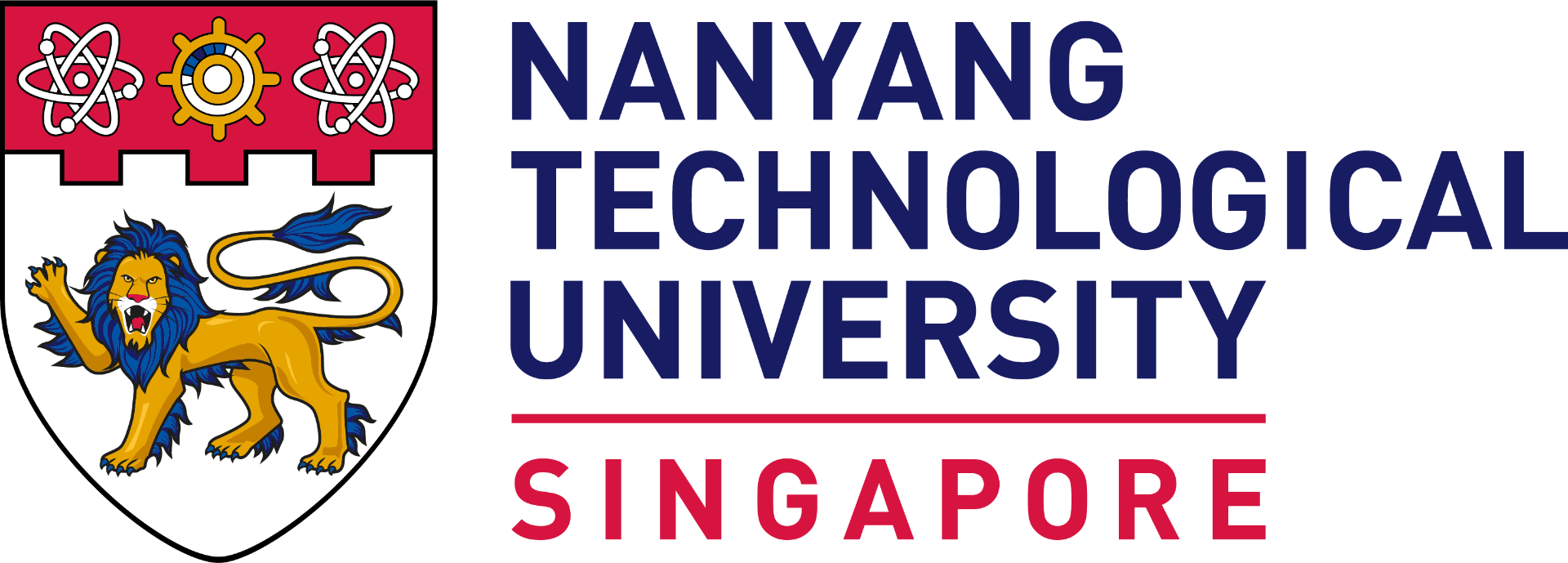After two years of being grounded, journalism module Go-Far took off again – this time to Germany, where NTU’s budding reporters tackled the issues of migrants and refugees against the backdrop of an ongoing war
by Isabel Kua / Visuals by CS4090 Go-Far students in Berlin
Final-year student Macarius Chia was on a bus for a photo assignment in Berlin when he met a Ukrainian refugee. The mother of two had just left her elder daughter, aged 14, and was now heading back to Chernivtsi, a city in western Ukraine, to be with her toddler.
Macarius said the woman was distraught that her family had to be split up and that she teared up as she shared her story with him.
“Being on that bus made me realise how real the situation was. This was not another school project.”
Macarius was one of 14 journalism students from the Wee Kim Wee School of Communication & Information on assignment overseas as part of the hands-on advanced journalism course called Go-Far (Going Overseas For Advanced Reporting). The team, led by NTU tutors Hedwig Alfred and Samuel He, set out to get the stories of refugees and migrants in Germany, the country with the highest number of them in the European Union.
 Macarius Chia’s photo essay features Shirley Apthorp (above right), a Berliner who volunteers to sew quilts that are donated to Ukrainian children.
Macarius Chia’s photo essay features Shirley Apthorp (above right), a Berliner who volunteers to sew quilts that are donated to Ukrainian children.
The journalism module gives students a real-world feel for the work reporters and visual journalists do. They spent almost two weeks in the German capital and are now pitching their articles to the media at home and overseas. So far, media outlets like The Straits Times, TODAY and South China Morning Post have published the students’ work.
Student-reporter Brandon Chia, 25, says: “The experience included the trials and tribulations of reporting – stories dying, cold calling newsmakers and sleepless nights – but I wouldn’t have had it any other way.”
Reporting overseas was a first for all the students, who had to work with language barriers and cultural differences, as well as the sensitivities of refugees escaping hardships in their home countries.

Follow Helene Tian as she embarks on a train ride to Warsaw, Poland, for an overnight stay with a Ukrainian family residing with a Polish family.
“I’m grateful that I was able to interact with refugees from the more marginalised communities to learn about the issues they face that may not be widely known,” says Chelsea Ong, 22.
For visuals editor Lim Li Ting, 22, the challenges of operating in another country hit home immediately. “When you’re reporting at home, you have contacts because you live here. In Berlin, we knew nobody and it felt like we were starting from scratch,” she says.
Another first was working with translators. “I had to make a conscious effort to be part of the conversation, even when the newsmaker and translators were speaking and I had no idea what they were saying,” she adds.

Goh Ruoxue (right) unearthed the stories of second-generation Turkish immigrants (from left) Yusuf Getin, owner of a packaging company, and Ali Gürsel, who runs a nut roastery in Kreuzberg, Berlin.
With the Russia-Ukraine war still making global headlines, some students focused on Ukrainian refugees, while others interviewed refugees from Syria, Turkey and Afghanistan who had arrived years earlier. Kolette Lim, 22, worked on a photo essay about Sonnenallee, a street where refugees from the Middle East typically live, work and congregate. “It was really hard because I don’t speak Arabic. I had to pull out my phone many times to use Google Translate,” she says.
But after six visits to the area, Kolette built a rapport with many of the residents. “People started to recognise me and would wave. Some store owners came out to say ‘hi’.”
During the trip, the class had nightly debriefs with the tutors, where they discussed their work progress and planned the next steps for the following day. The two tutors also regularly joined different students on their assignments.
 A daily ritual in Berlin was meeting for dinner after spending the entire day on assignments, before a debrief back at the hotel. Photo: Isabel Kua
A daily ritual in Berlin was meeting for dinner after spending the entire day on assignments, before a debrief back at the hotel. Photo: Isabel Kua
Before heading to Berlin, the students organised a week of intensive lessons and talks by guest speakers such as veteran Singapore diplomat Bilahari Kausikan, Reuters photojournalists Edgar Su and Fabrizio Bensch, and volunteers in Berlin.
Overseas modules, such as Go-Far, give students opportunities to respond to real-time experiences in environments outside the comfort of the traditional classrooms, says Prof May Lwin, Chair of NTU’s communication school.
“The school’s experiences in pioneering numerous overseas practicums have shown that students also gain character-building traits such as boldness, confidence, intercultural connectivity and compassion,” she adds.
The capstone journalism module began in 2005 following the Aceh tsunami and has since taken students to countries such as Iran, Nepal, Bangladesh, Timor-Leste, Bhutan and Estonia. Due to pandemic travel restrictions, students from the past two batches had to hone their journalistic skills in Singapore, reporting on migrant workers and the football scene. The trip was supported by the Wee Kim Wee Legacy Fund.
Khair Mas’od, Kolette Lim and Macarius Chia interviewed a Ukrainian family that had recently moved into a rented apartment after staying with German hosts for six months. Video: Kolette Lim
This story was published in the Oct-Dec 2022 issue of HEY!. To read it and other stories from this issue in PDF format, click here.

